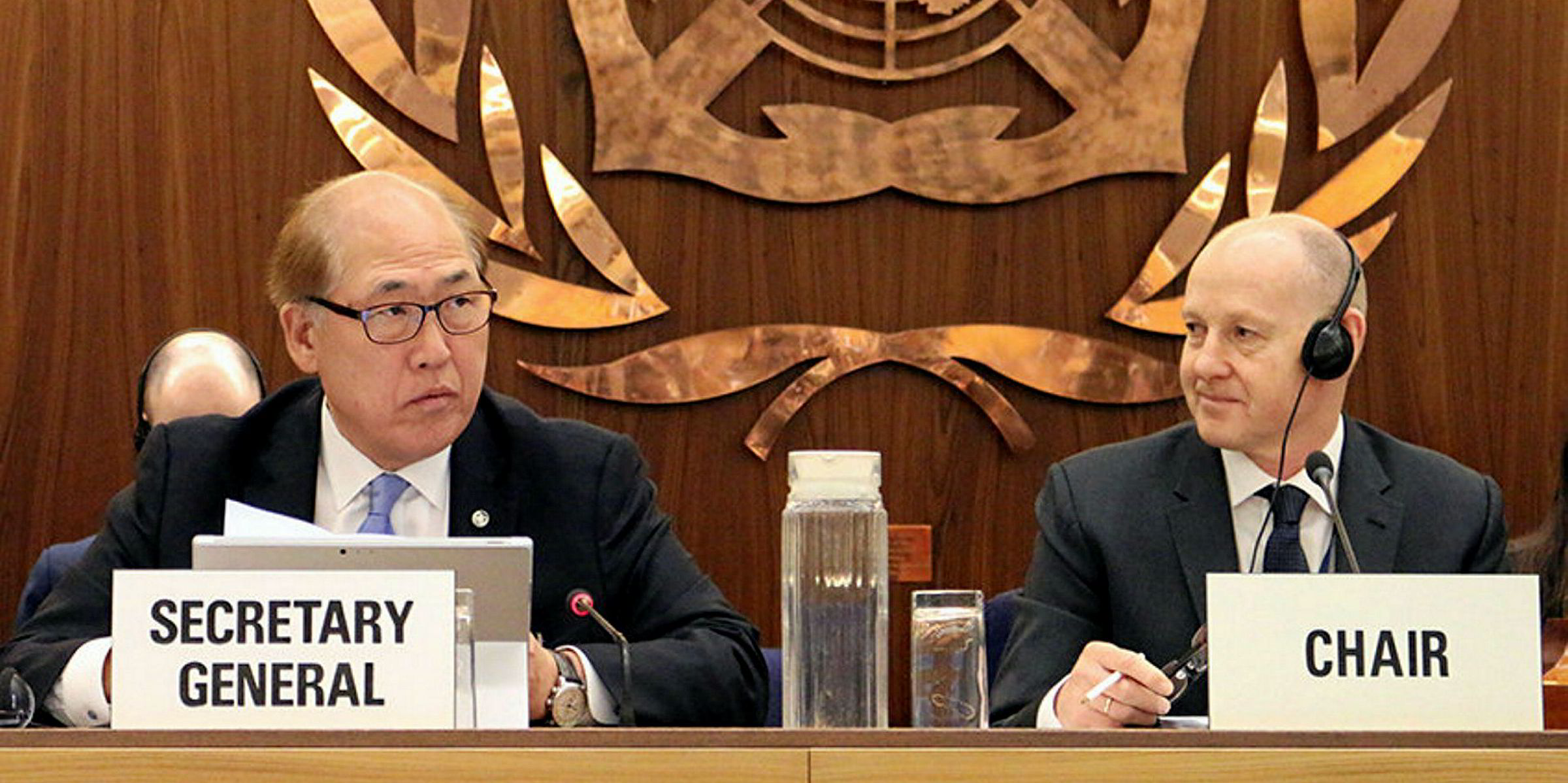The International Chamber of Shipping (ICS) has warned that fuel oil non-availability reports, known as FONARs, cannot be used as a “free pass” to carry non-complaint marine fuel after the global sulphur cap comes into force in 2020.
The warning follows a key IMO meeting in London last week, where it was agreed that ships will be allowed to burn high-sulphur fuel oil after 1 January 2020 if they can prove they had legitimate concerns about the quality and safety of available compliant fuels.
Under these circumstances, shipowners via their flag state may present a FONAR to the relevant Port State Control (PSC) authority as proof that compliant fuel was not available without the ship making an unreasonable deviation in its trading route, the meeting agreed.
“FONARs remain a tool of last resort and are not something that a ship will be able to use routinely,” Simon Bennett, deputy secretary-general of the ICS, said in a statement Tuesday.
“The circumstances in which a FONAR can be used are very limited and conditions attached to their use will be strict. Shipowners still need to remain focused on doing everything possible to ensure full compliance in 2020.”
Last week's IMO Pollution Prevention and Response 6 (PPR 6) meeting in London decided a basic format for the FONAR, which comprises certain requirements.
In the report, owners must outline their attempts to secure compliant fuel, including local alternatives.
PSCs may only accept a FONAR as an exception to the regulation if vessel operators are able to provide proof of the limitations that prevented compliant fuel from being used or loaded, the ICS said.
When determining whether or not to detain the ship, PSC will take into account not only the FONAR but all relevant circumstances and the evidence presented, the Chamber explained.
PSC will also consider how many FONARs a ship has submitted in the past 12 months, as well as the number the operator has submitted for other ships in its fleet and whether other ships on similar voyages have submitted FONAR reports, the ICS said.
“Above all else, the onus will be on the ship operator to provide documentary evidence that every reasonable step has been taken to ensure compliant bunkers will be available in the planned bunkering port,” said Bennett.




